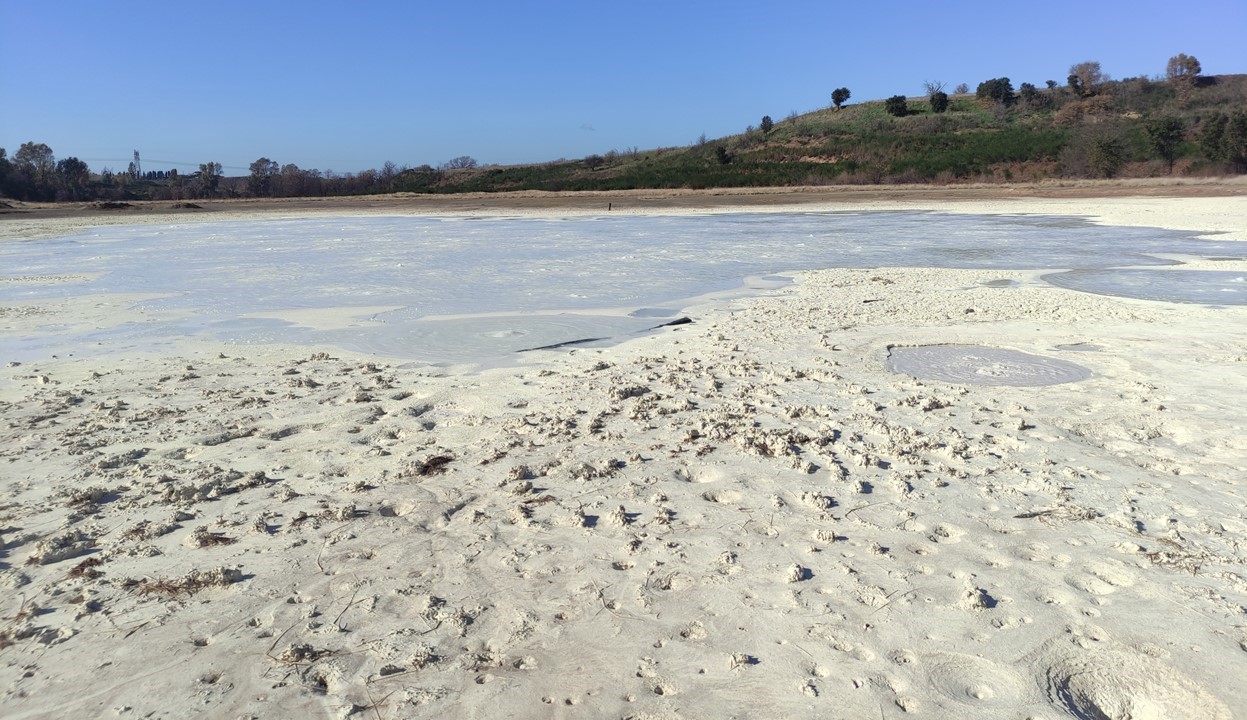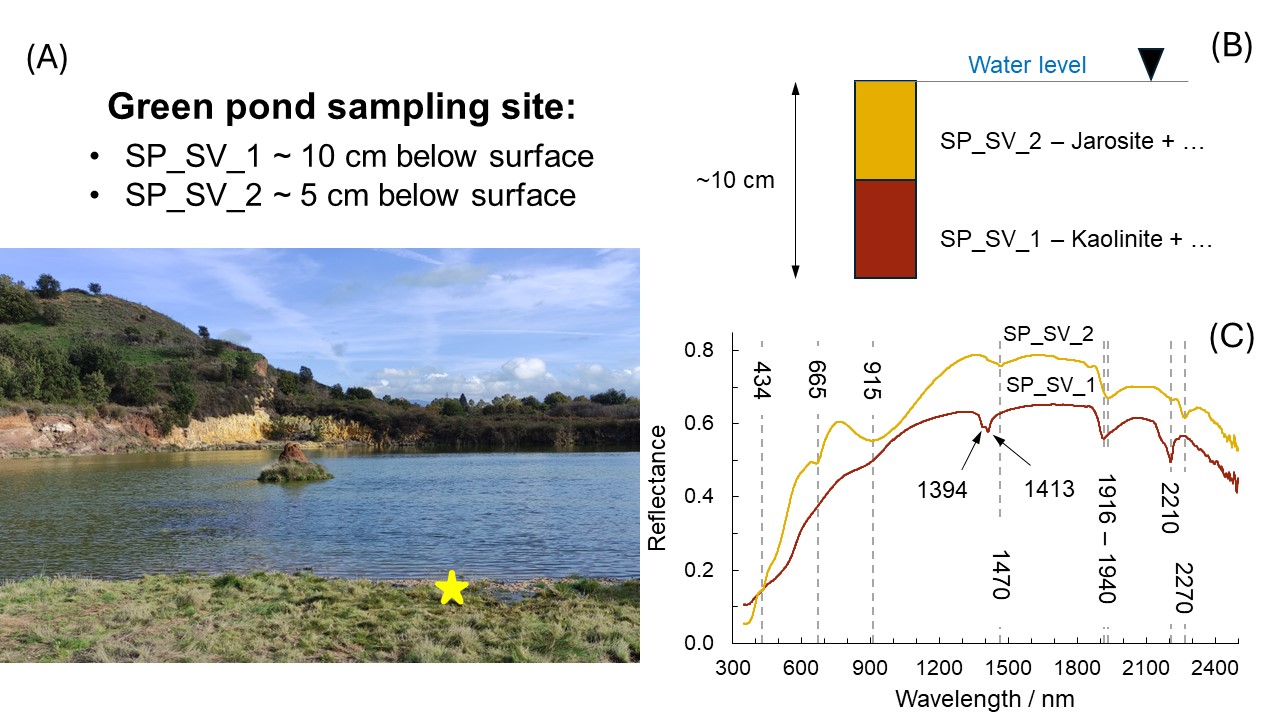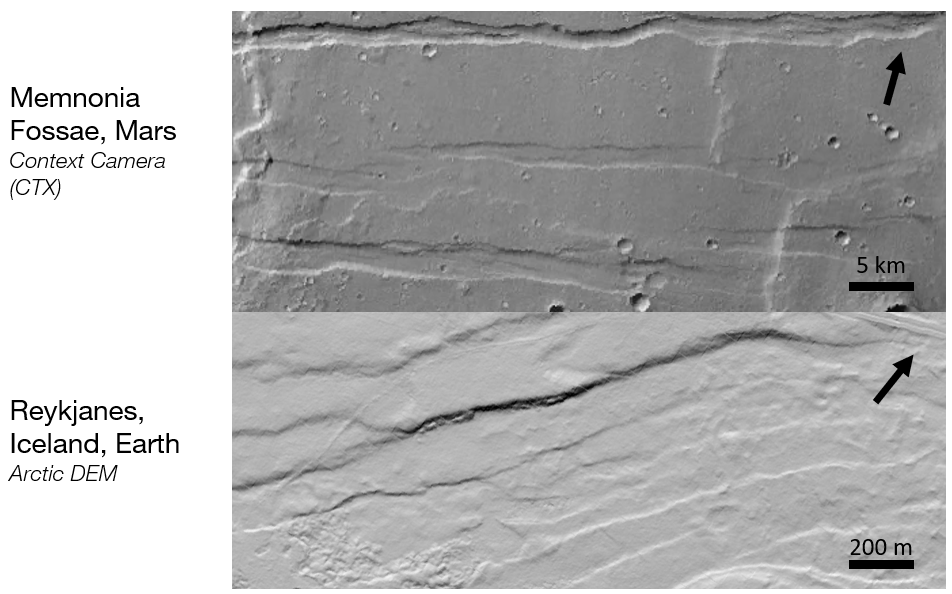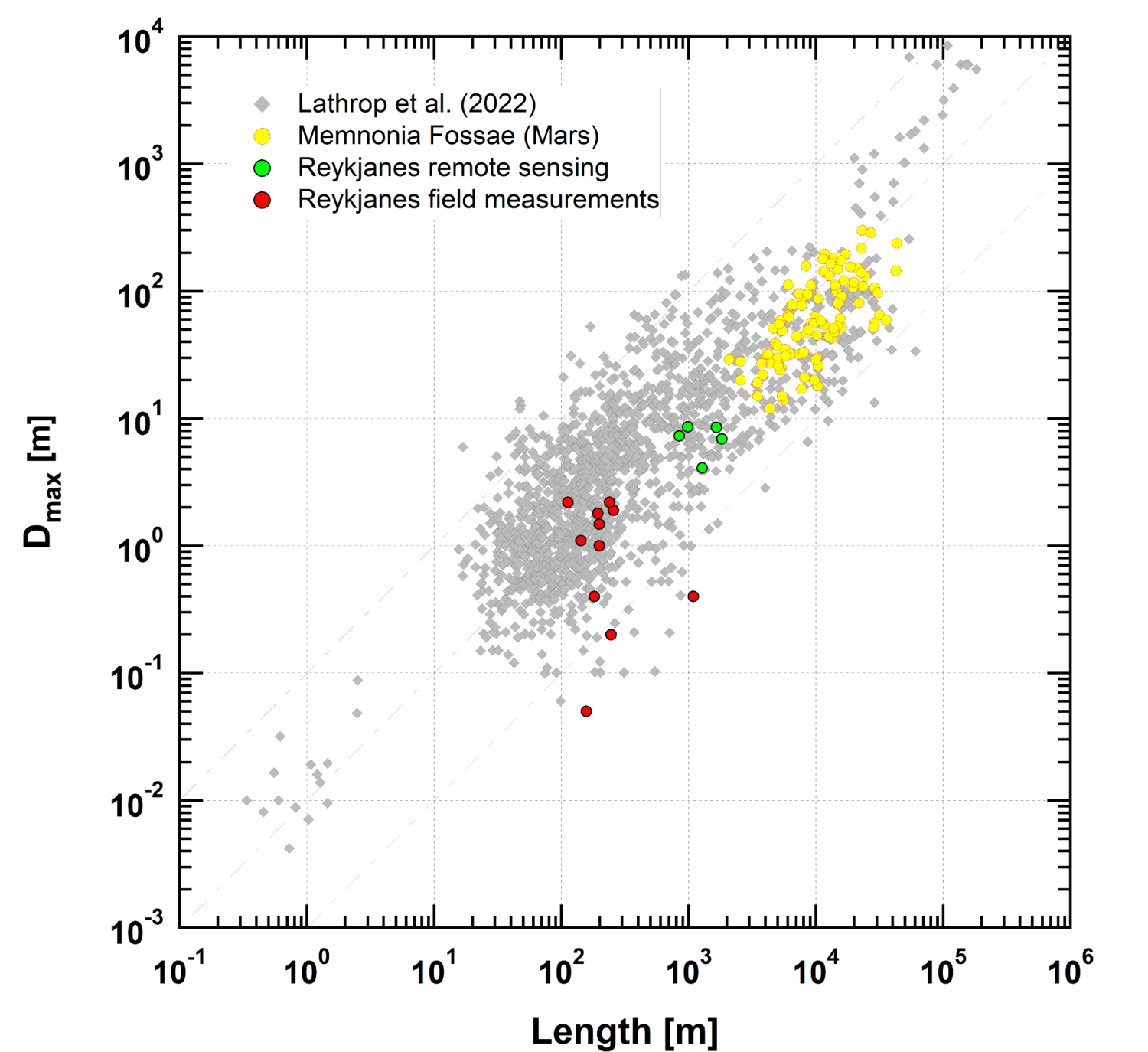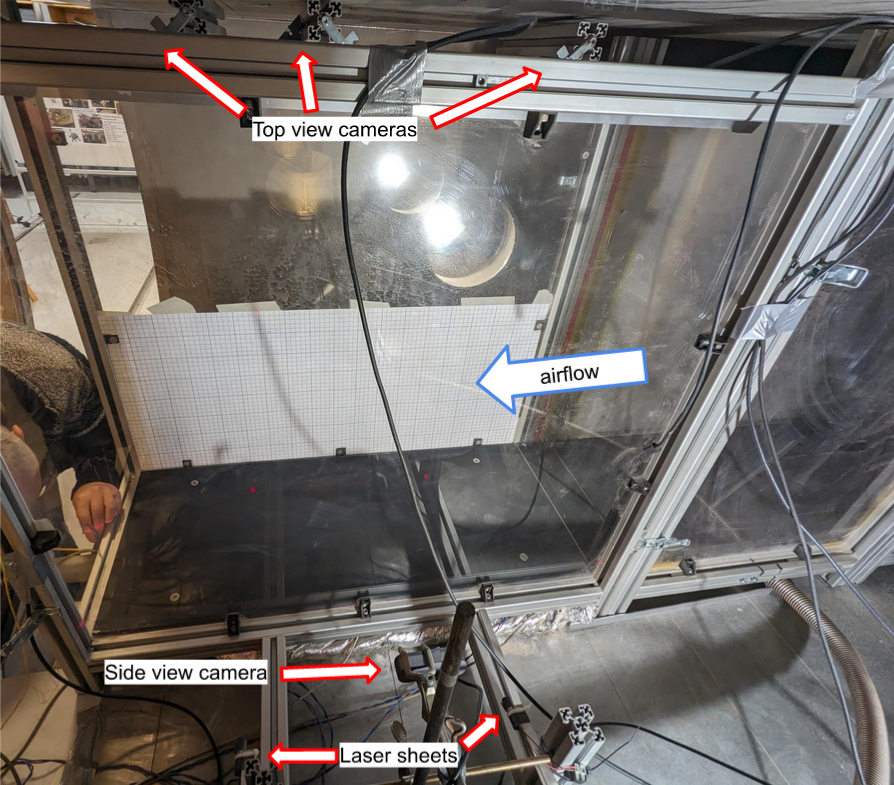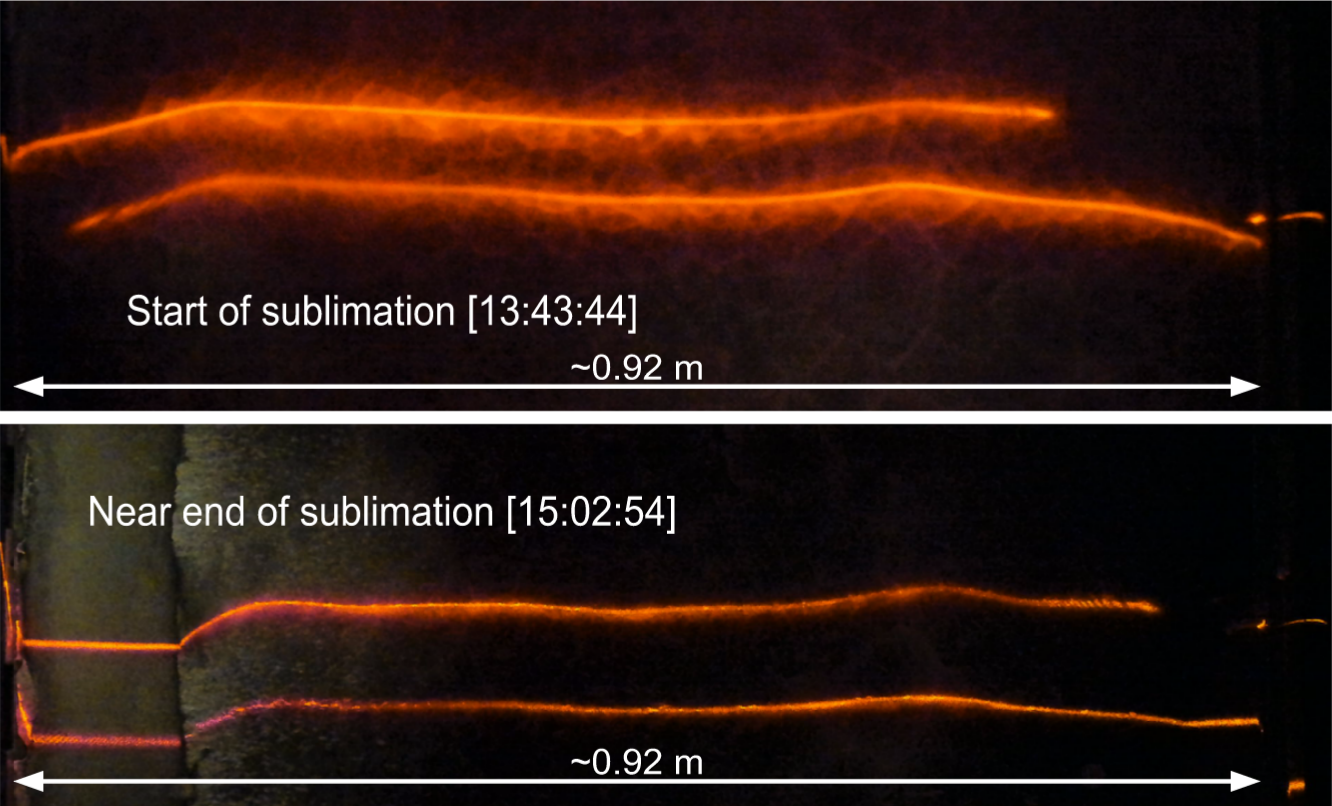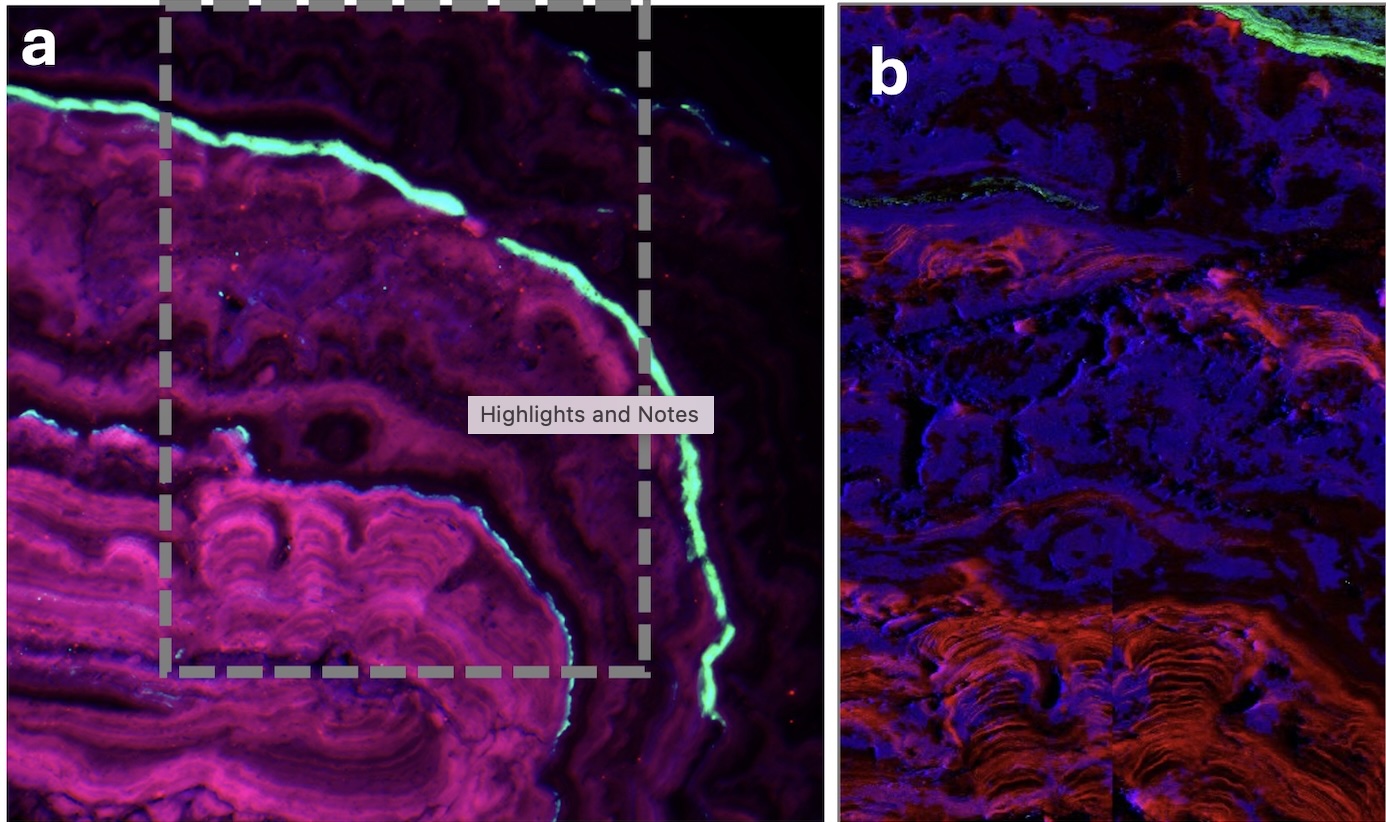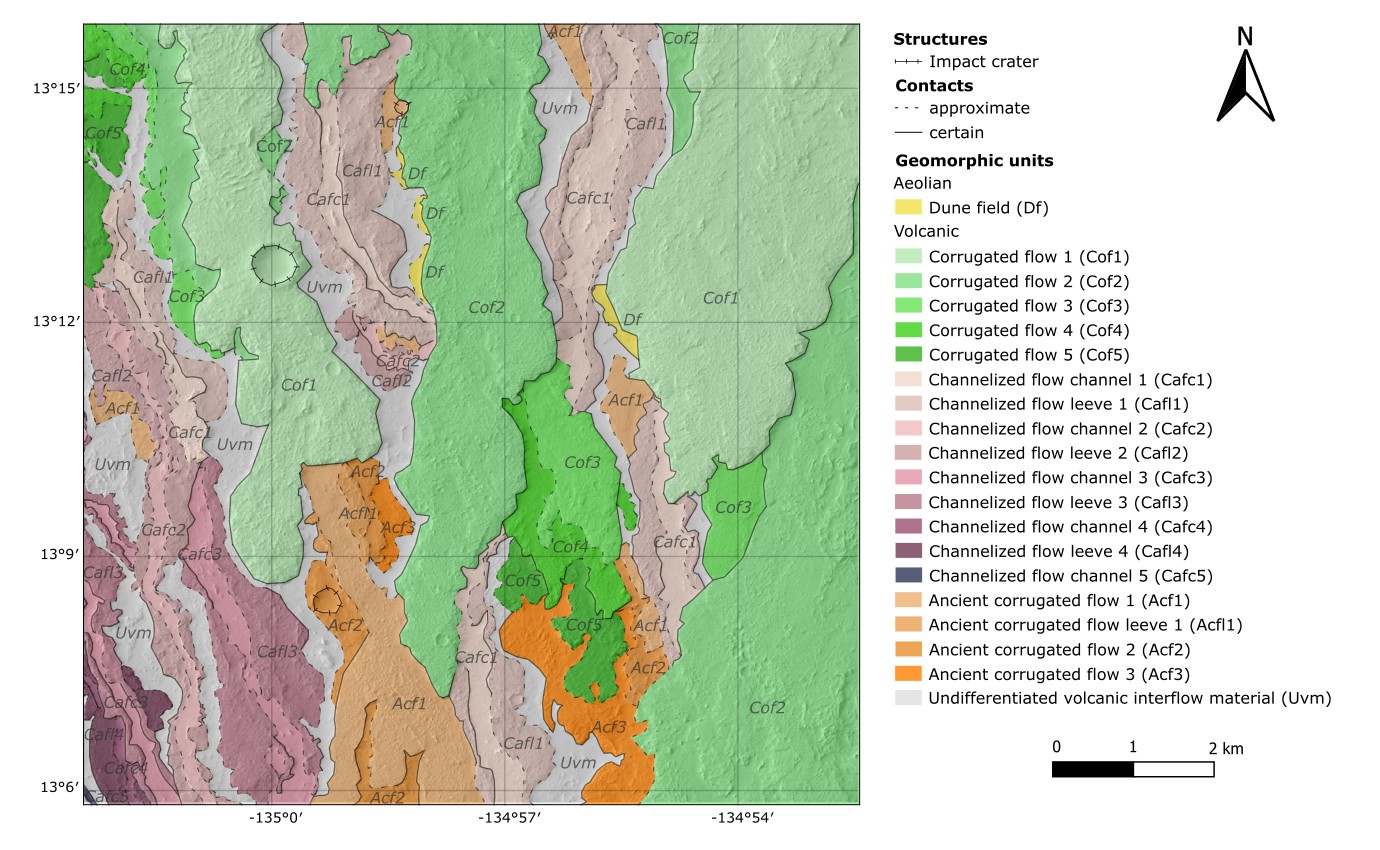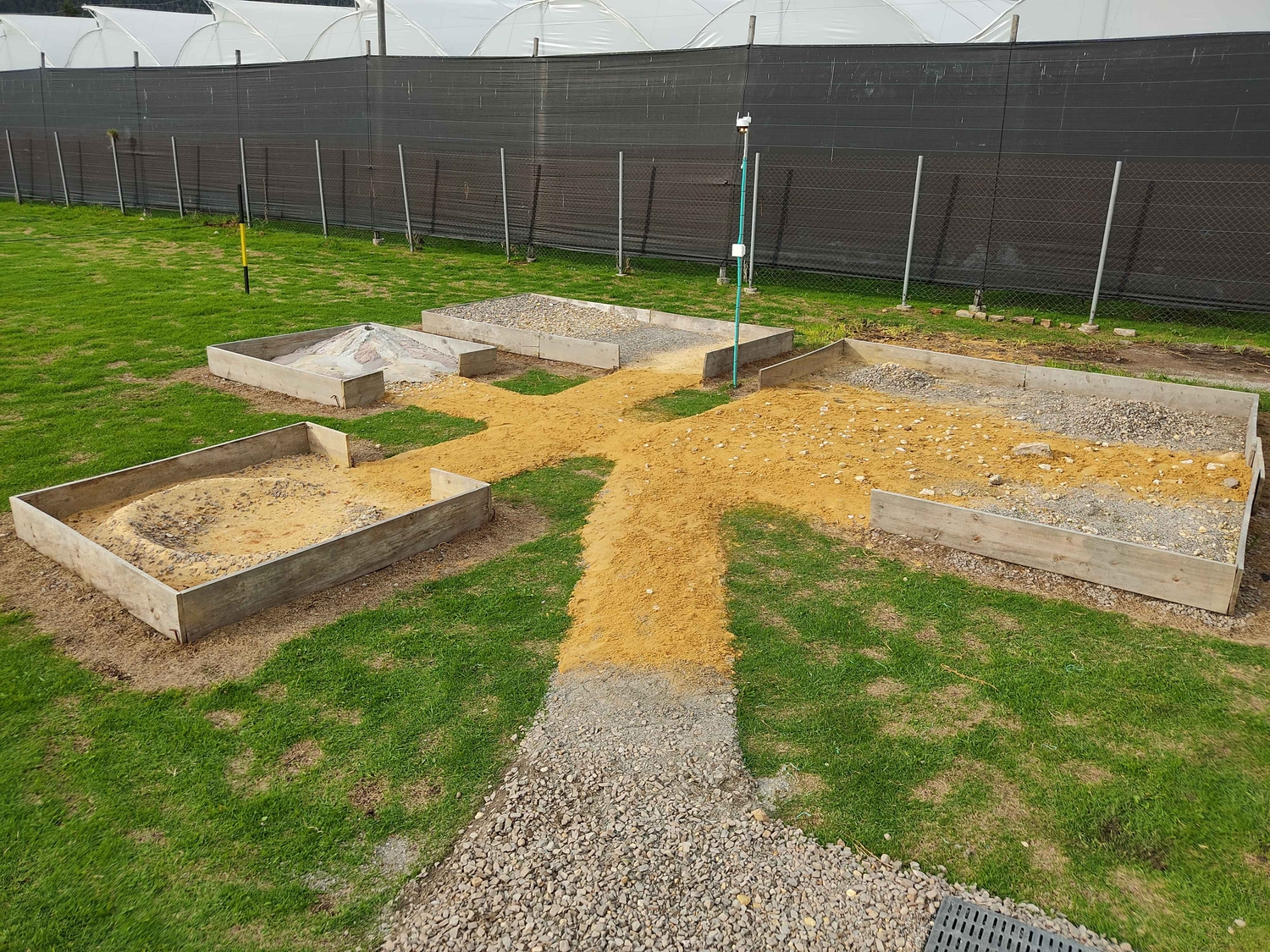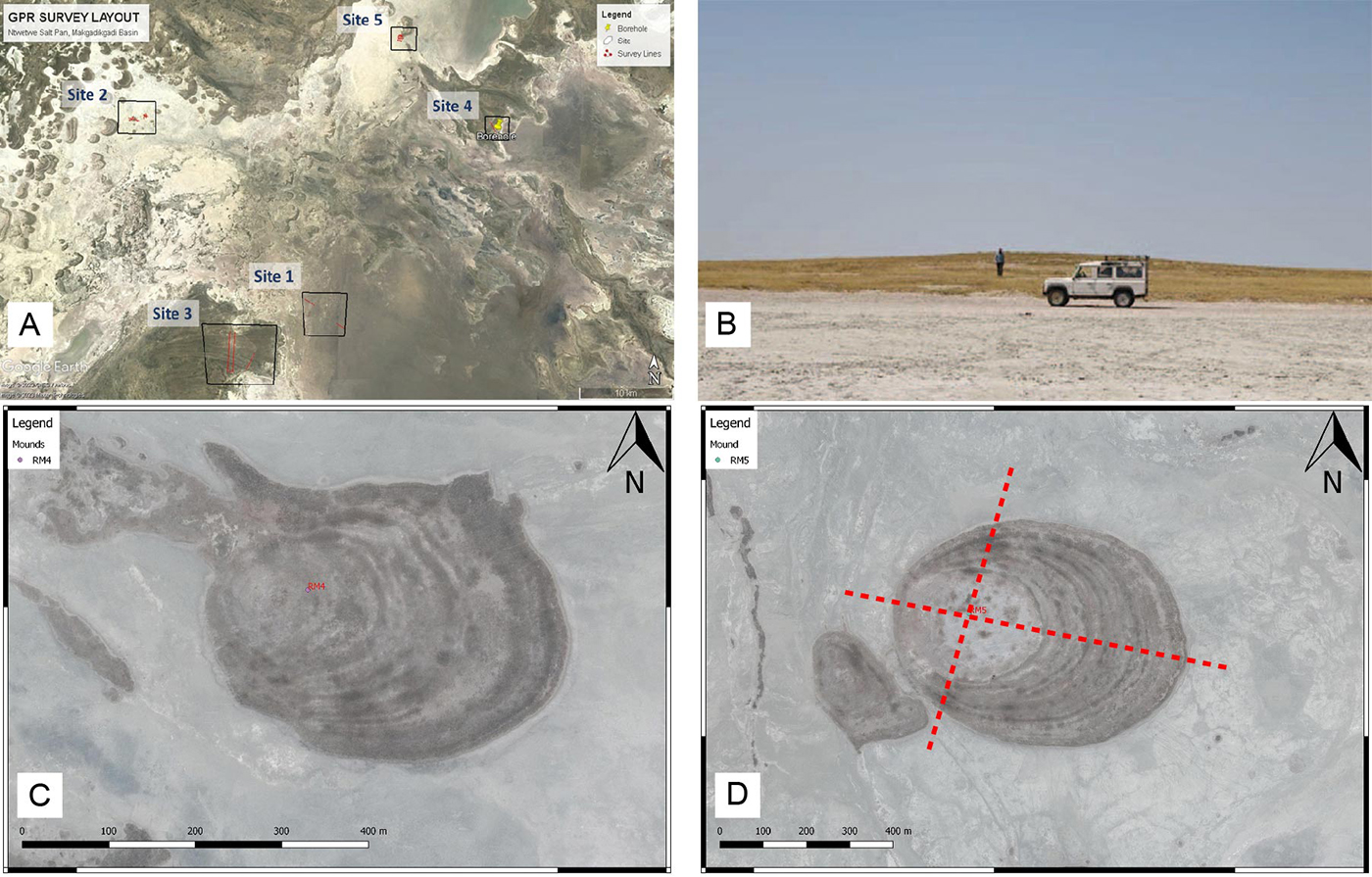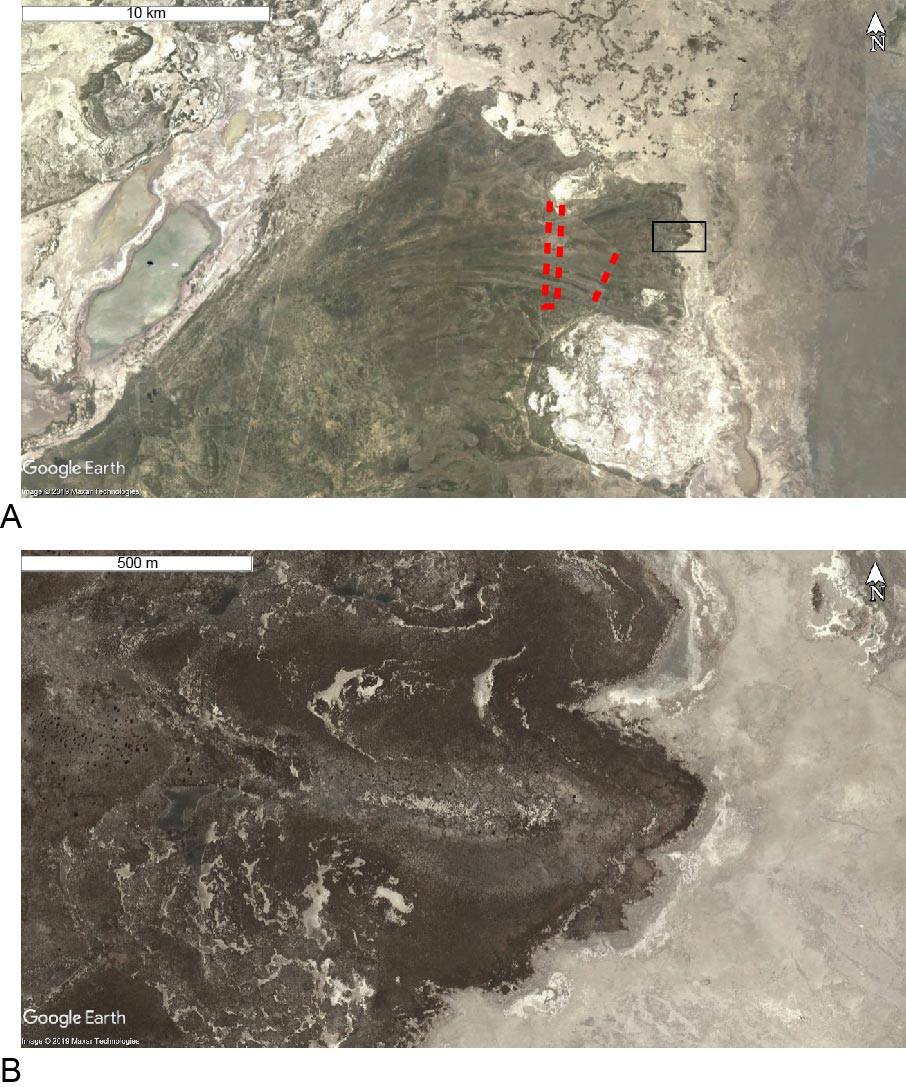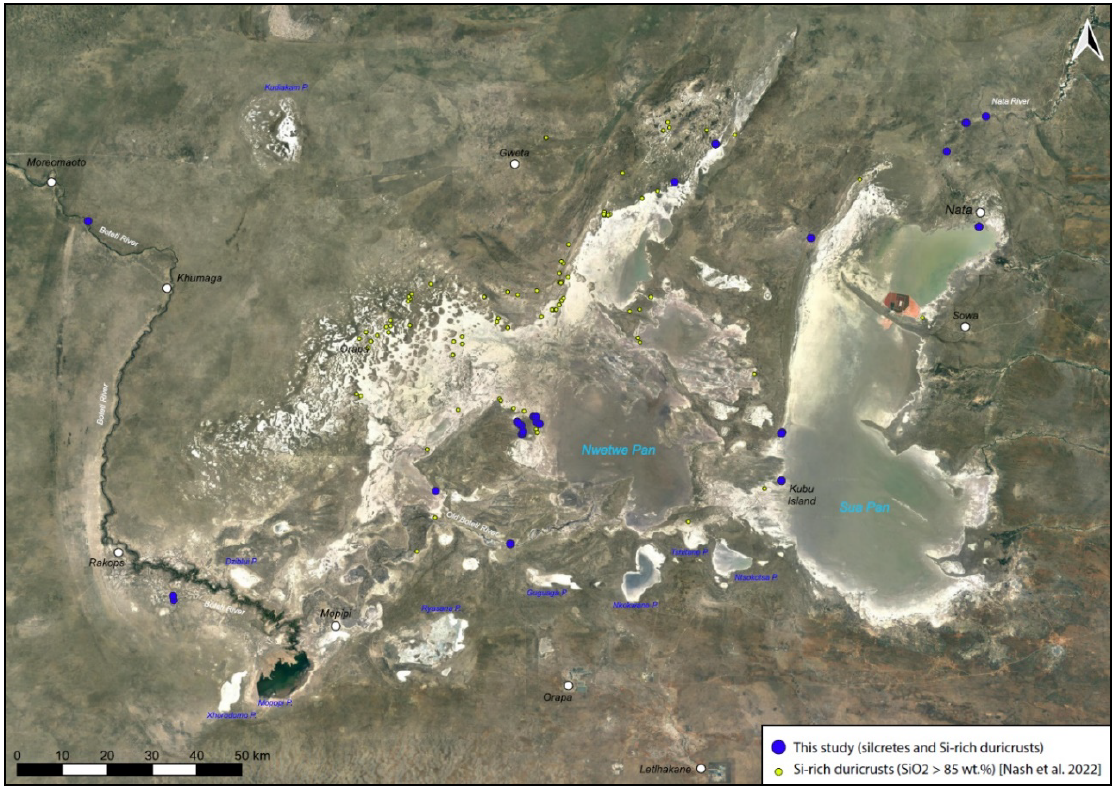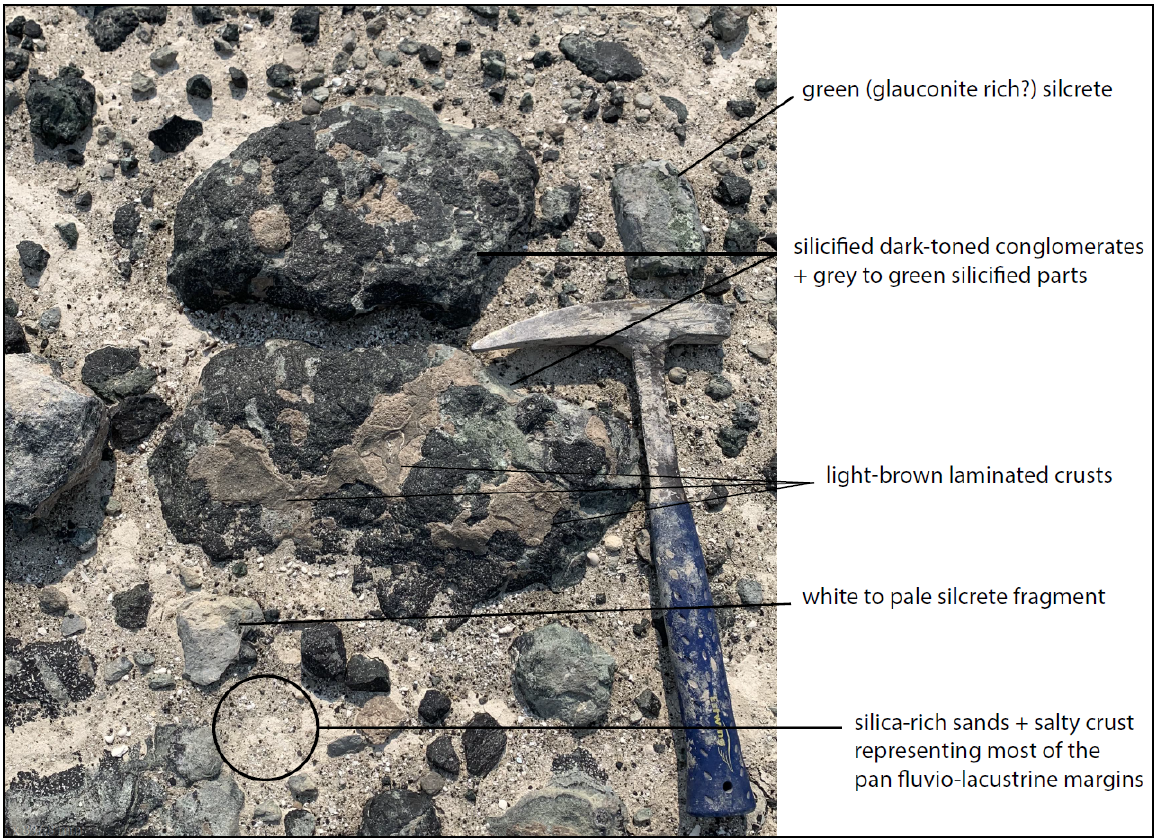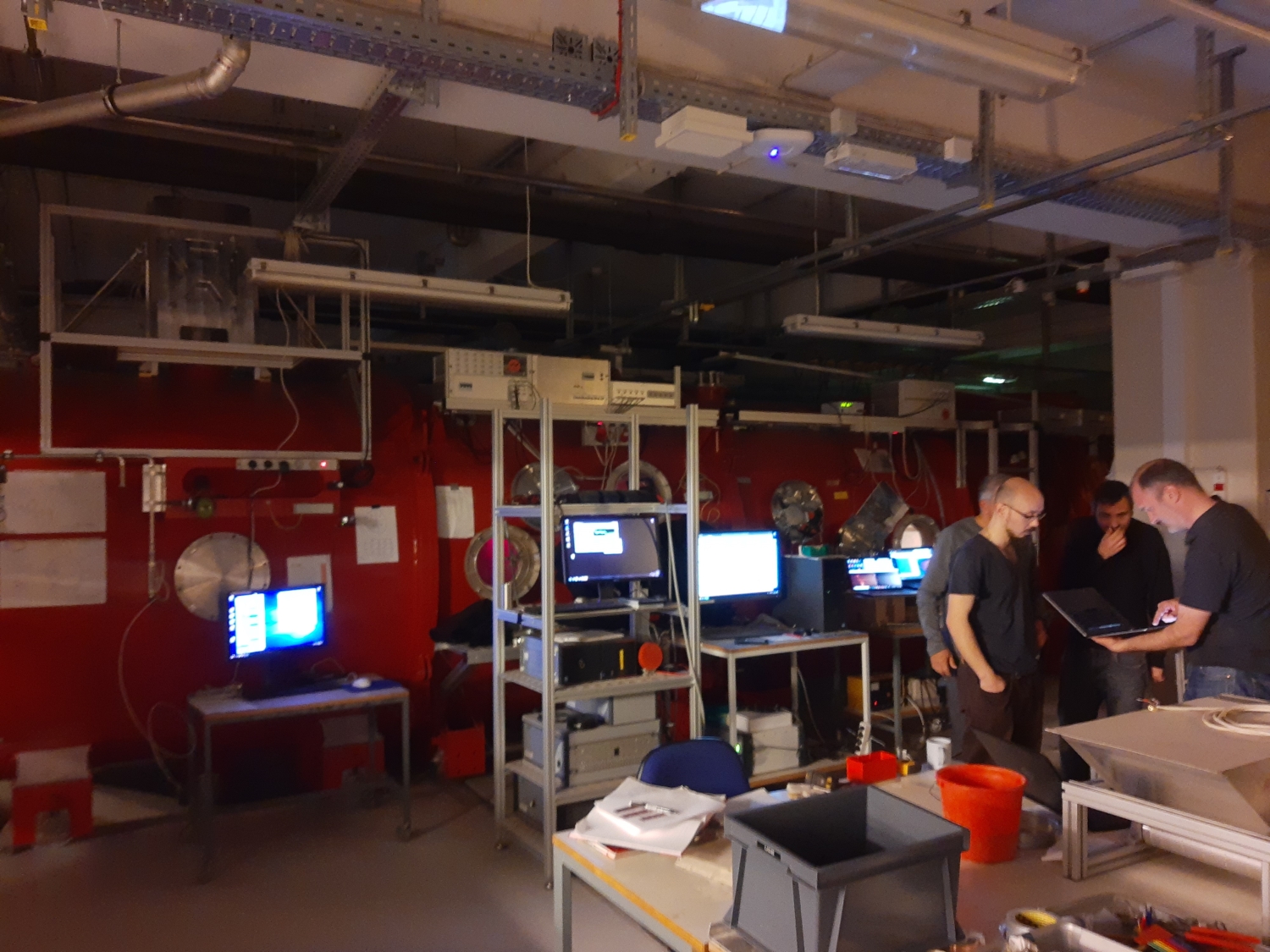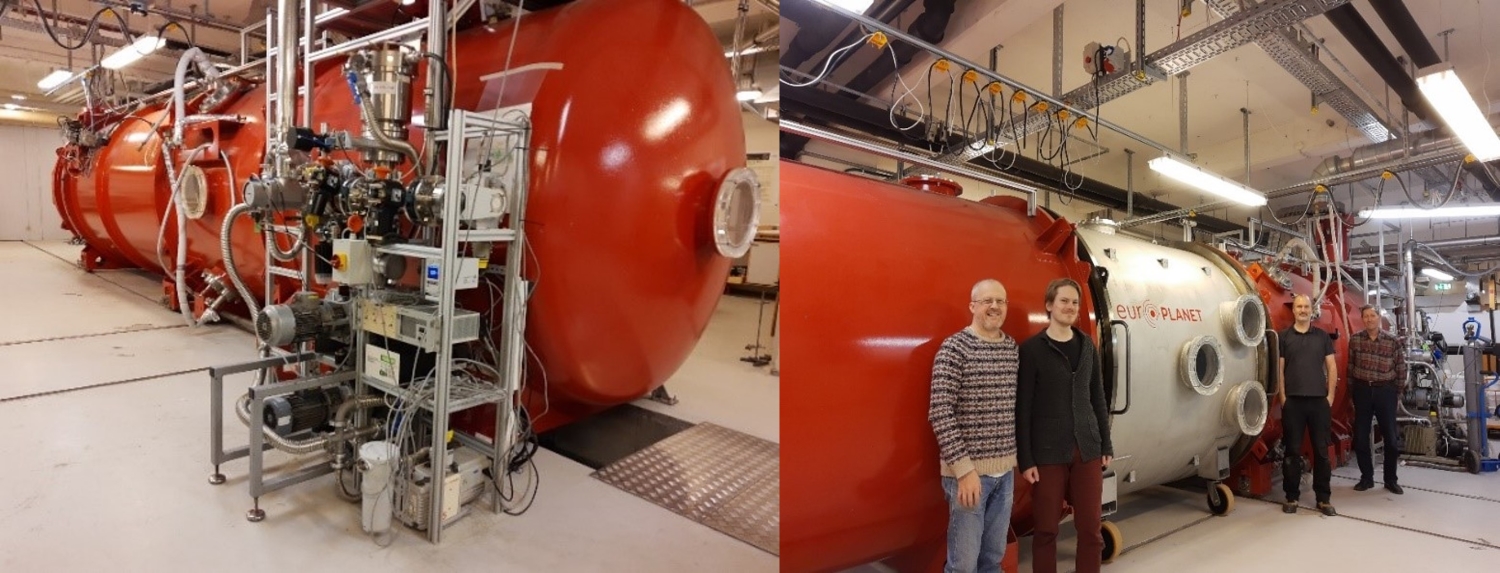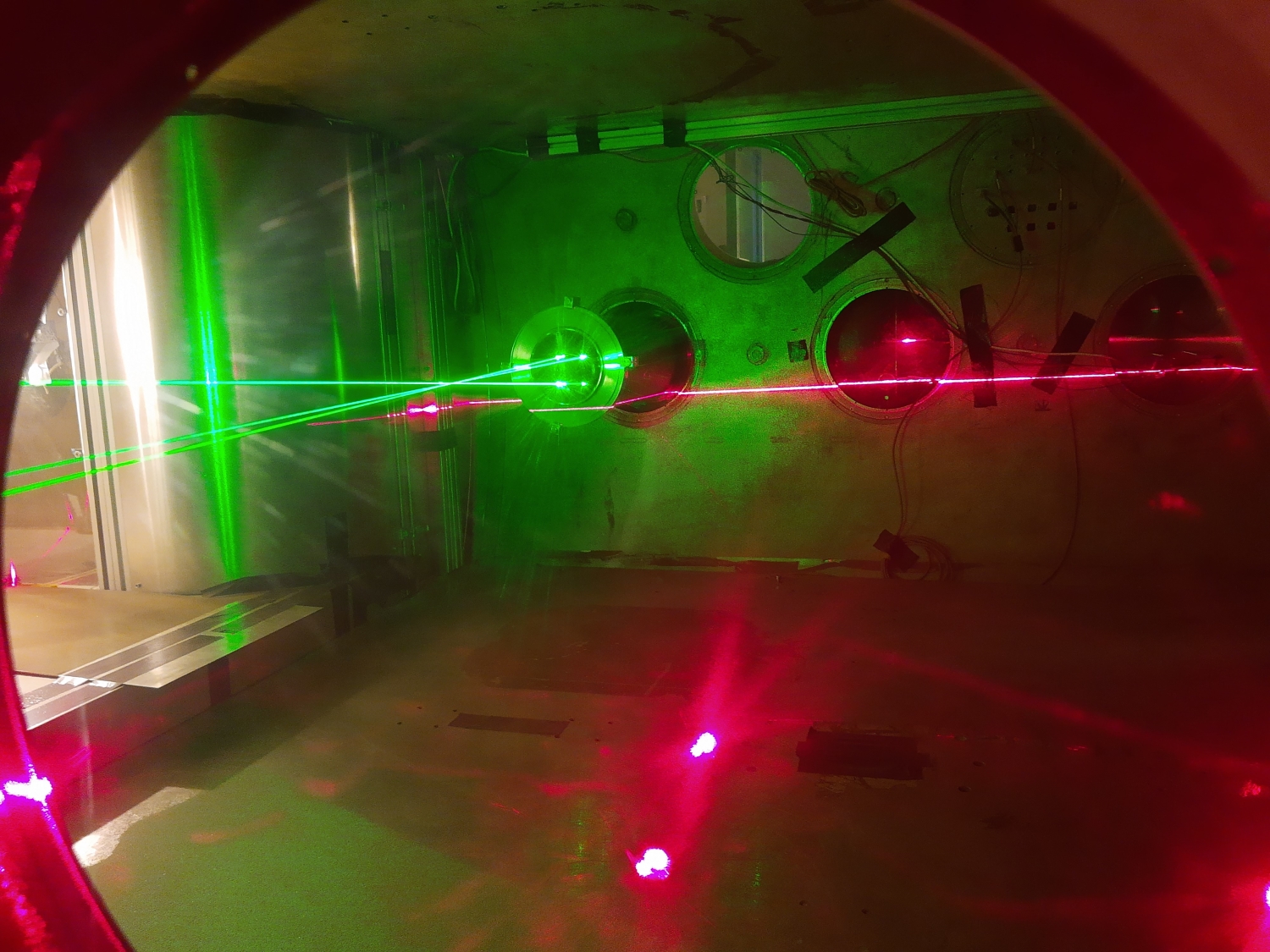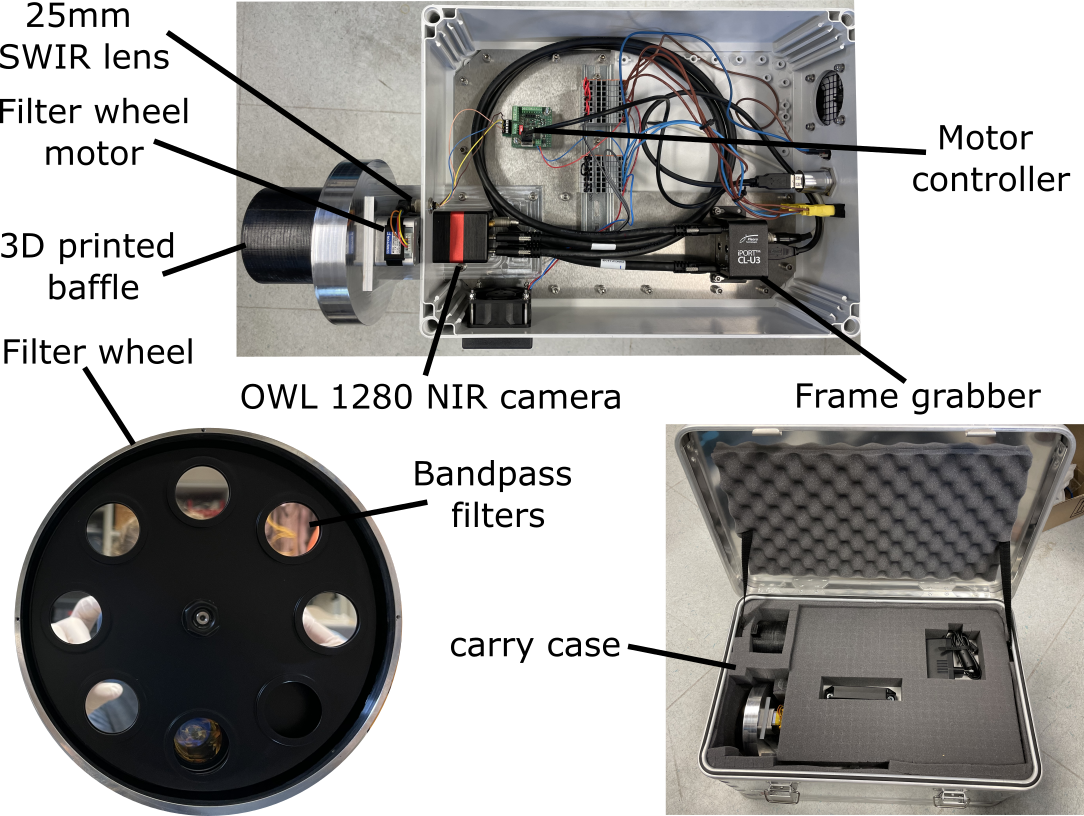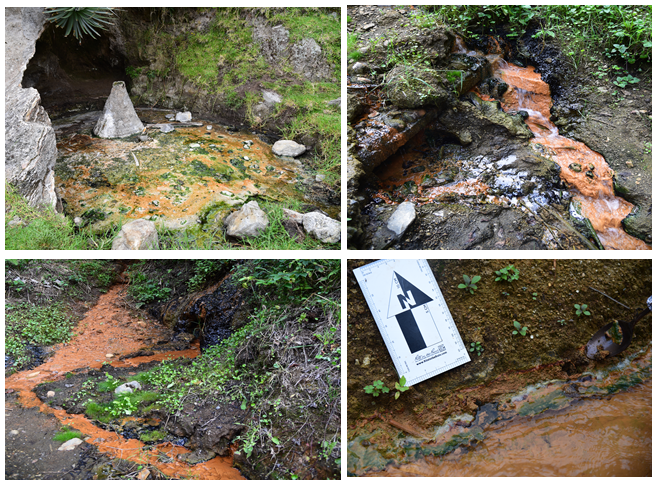TP3
Planetary field analogues for Space Research
Conveners:
Fulvio Franchi,
Barbara Cavalazzi
|
Co-conveners:
Gareth Davies,
Alexandra Hillebrand-Voiculescu,
Jonathan Merrison,
Roger Lawrence R. L. Gibson,
Felipe Gómez
In this session we welcome abstracts on different surface planetary processes, geochemical and astrobiological investigations using field analogues and laboratory simulation studies, field methods and sampling techniques. We also encourage abstracts focused on studies testing robotic missions and research regarding training crewed exploration missions and strategies, and testing exploration technology applications. Furthermore, we welcome abstracts outlining the use of the analogue field sites in engaging the public, as well as space agencies, the media, and educators.
Session assets
Mars analogues
14:30–14:40
|
EPSC2024-175
|
On-site presentation
14:40–14:50
|
EPSC2024-1039
|
ECP
|
On-site presentation
14:50–15:00
|
EPSC2024-1091
|
ECP
|
On-site presentation
15:00–15:10
|
EPSC2024-969
|
ECP
|
On-site presentation
15:10–15:15
Q&A
Astrobiology
15:15–15:25
|
EPSC2024-212
|
On-site presentation
15:25–15:35
|
EPSC2024-1101
|
ECP
|
On-site presentation
Other analogues
15:35–15:45
|
EPSC2024-918
|
On-site presentation
15:45–15:55
|
EPSC2024-1107
|
Virtual presentation
15:55–16:00
Q&A
Mars analogues - general
P1
|
EPSC2024-365
|
On-site presentation
P2
|
EPSC2024-695
|
ECP
|
On-site presentation
P3
|
EPSC2024-830
|
On-site presentation
P4
|
EPSC2024-982
|
ECP
|
On-site presentation
Mars analogues - Makgadikgadi pans
P6
|
EPSC2024-590
|
ECP
|
On-site presentation
Characterizing clay minerals in the Makgadikgadi Pans (Botswana): terrestrial analogue for Mars playa deposits
(withdrawn after no-show)
P7
|
EPSC2024-743
|
On-site presentation
P8
|
EPSC2024-991
|
On-site presentation
Others
P10
|
EPSC2024-124
|
ECP
|
On-site presentation
P11
|
EPSC2024-890
|
ECP
|
On-site presentation
P12
|
EPSC2024-914
|
ECP
|
On-site presentation
P13
|
EPSC2024-1303
|
On-site presentation
